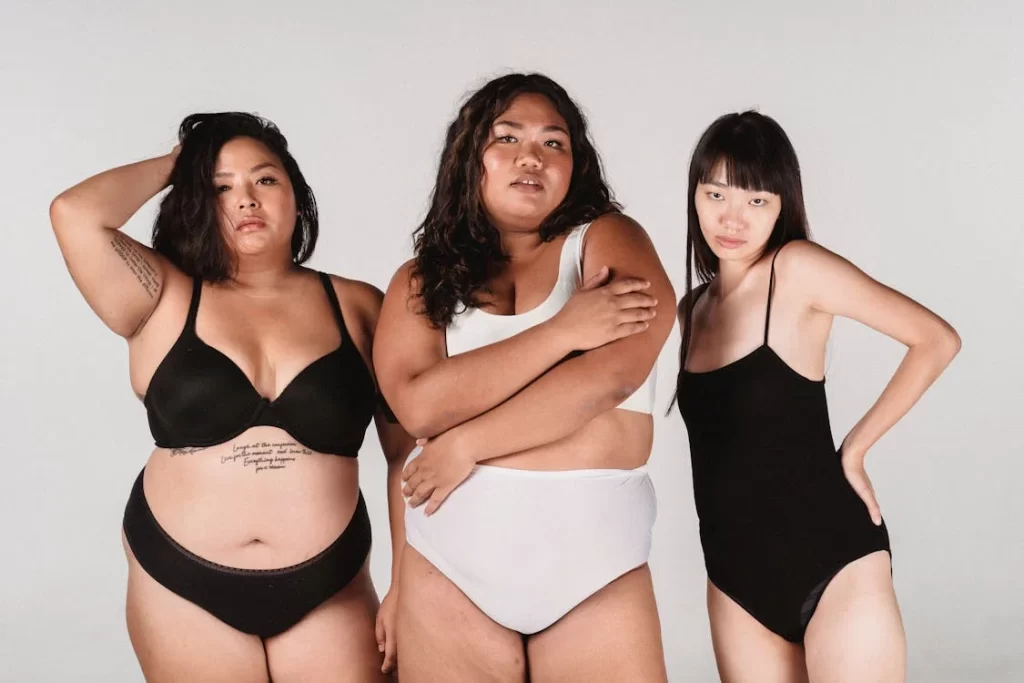In recent years, the body positivity movement has gained a lot of momentum, and research done on this movement has shown that participation in this movement is associated with higher body satisfaction and body appreciation in young women (Rupp and McCoy 2023). This shows that many women engage in this movement as a coping mechanism, similar to one of the reasons that viewers engage in mukbang videos. The body positivity movement is connected to the idea of obesity stigma as well, with many women fearing being stigmatized as obese. Given that obesity stigma is defined by prejudice and misinformation attempting to explain why people are obese (Westbury et al., 2023), there is a logical connection to be made between obesity and the body positivity movement. Many people within the body positivity movement believe that they need to help those who are obese, whether that be with uplifting or even shaming comments online.
Research on weight-related media both online and in news media has found that often commenters equate obesity an irresponsible choice (Brooker et al., 2017) or as unhealthy (McKinley 1999). On top of that, in Western societies, thin bodies are generally associated with traits like control, virtue, and moral worth, while obese bodies are often associated with a lack of control, moral laxity, and laziness (De Brún, McCarthy, McKenzie, and McGloin 2014). These ideas of which traits are associated with thin and obese bodies can often be seen online in comments about a person’s body and behavior. Online, verbal attacks on overweight and obese individuals are widespread and often cause depression in the victims and can promote unhealthy eating behavior like the binge eating (Jeon, Hale, Knackmuhs, and Mackert 2018) often seen in mukbang videos.
